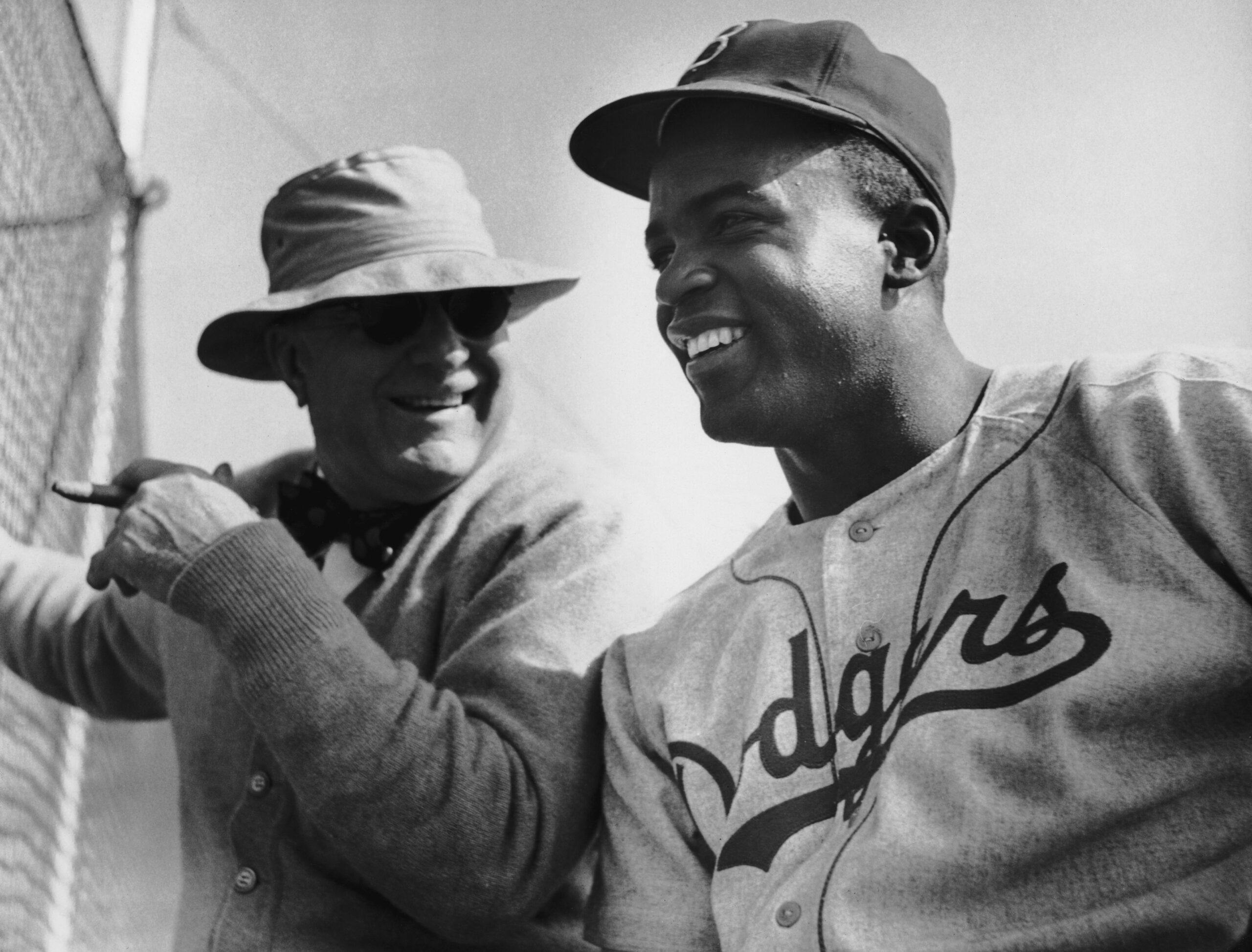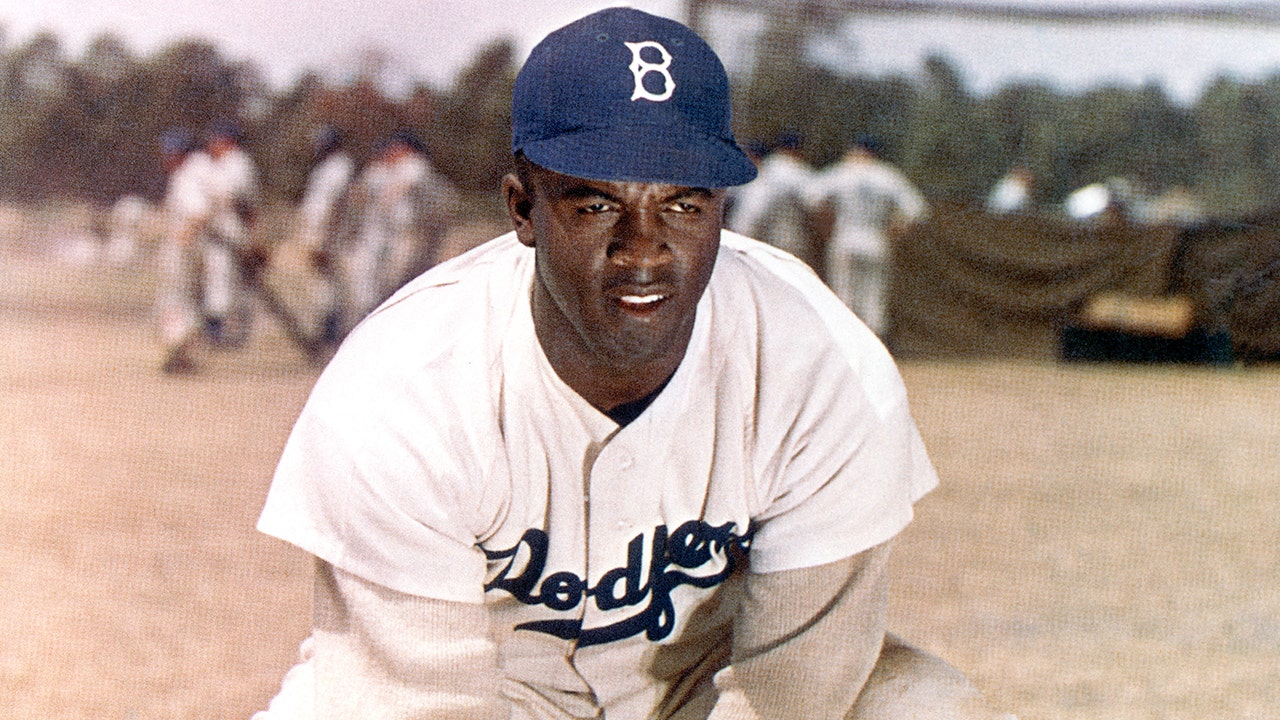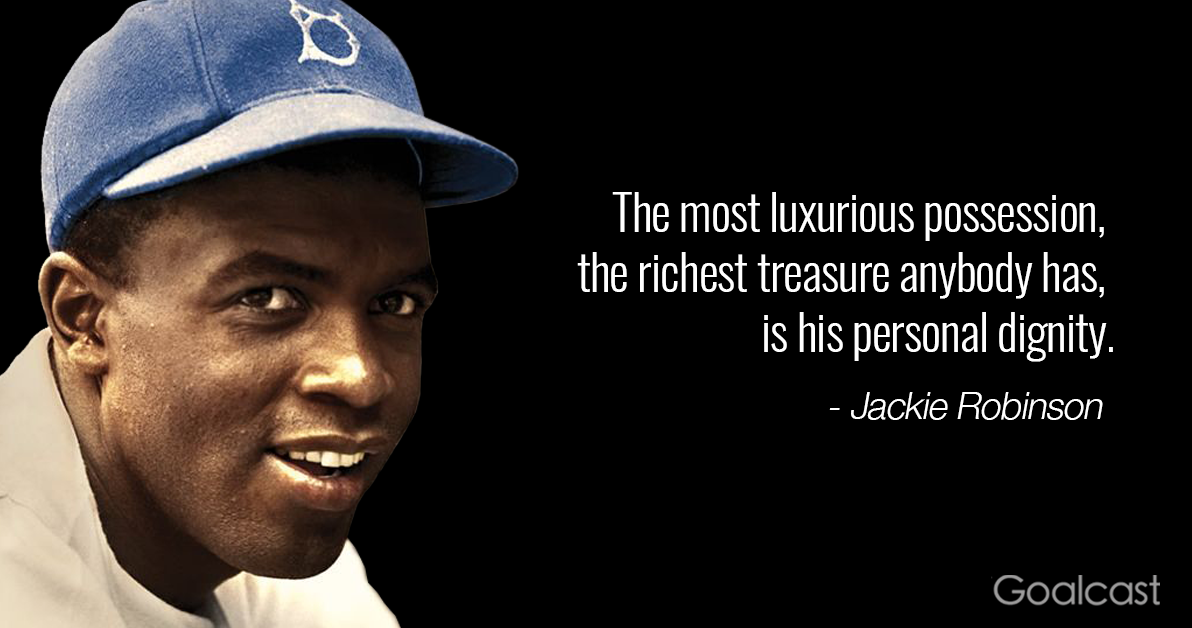Jackie Robinson's journey to becoming a Major League Baseball (MLB) player was not just about talent and skill; it was an uphill battle against racial discrimination and societal prejudice. His story is one of courage, resilience, and determination. As the first African American to break the color barrier in MLB, Robinson faced numerous challenges that tested his resolve and character.
When Jackie Robinson stepped onto the diamond in 1947, he became a symbol of hope for millions of African Americans and a beacon of change in a segregated society. His groundbreaking achievement marked the beginning of a new era in sports and civil rights. However, this monumental feat came at a great personal cost, as Robinson encountered hostility and adversity from all sides.
This article delves into the challenges that Jackie Robinson faced during his historic career, exploring the obstacles he overcame and the legacy he left behind. By understanding the struggles he endured, we can appreciate the magnitude of his contributions to baseball and society as a whole.
Read also:When Does Taylor Swift Jump Into Stage A Comprehensive Guide To Her Iconic Stage Moments
Table of Contents
- Jackie Robinson's Biography
- Early Life and Education
- Breaking the Color Barrier
- Racism in Baseball
- Opposition from Fans and Players
- Support from Teammates and Management
- Media Attention and Public Scrutiny
- The Mental Toll of Racism
- Jackie Robinson's Legacy
- The Broader Impact on Society
Jackie Robinson's Biography
Jackie Robinson was born on January 31, 1919, in Cairo, Georgia. He grew up in a racially segregated society, facing discrimination from an early age. Despite these challenges, Robinson excelled in sports, becoming a four-sport letterman in high school and college. Below is a summary of his personal and professional life:
Personal Data
| Full Name | Jack Roosevelt Robinson |
|---|---|
| Date of Birth | January 31, 1919 |
| Place of Birth | Cairo, Georgia, USA |
| Education | University of California, Los Angeles (UCLA) |
| Profession | Professional Baseball Player |
| MLB Debut | April 15, 1947 |
Early Life and Education
Jackie Robinson's early life was marked by hardship and perseverance. Growing up in a poor family, he learned the value of hard work and determination from a young age. His athletic prowess was evident early on, as he excelled in track, football, basketball, and baseball at Pasadena Junior College and later at UCLA.
At UCLA, Robinson became the first athlete to win varsity letters in four sports. However, financial constraints forced him to leave college before graduating. Despite this setback, his passion for sports continued to drive him toward greatness.
Breaking the Color Barrier
In 1945, Jackie Robinson signed a contract with the Brooklyn Dodgers' farm team, the Montreal Royals, making him the first African American to play in the International League since the 1880s. This marked the beginning of his journey to break the color barrier in Major League Baseball.
Under the guidance of Branch Rickey, the Dodgers' general manager, Robinson faced intense scrutiny and pressure. Rickey famously asked Robinson if he could endure the racism he would encounter without fighting back. Robinson agreed, knowing the importance of his role in paving the way for future generations.
Racism in Baseball
When Jackie Robinson joined the Brooklyn Dodgers in 1947, he encountered widespread racism both on and off the field. Fans hurled insults, teammates refused to play alongside him, and opposing players engaged in intentional acts of aggression.
Read also:Gypsy Rose Blanchard Medical Records A Detailed Insight
Despite these challenges, Robinson remained steadfast in his commitment to proving himself as a player. His exceptional skills and sportsmanship earned him respect from many, though the battle against racism was far from over.
Opposition from Fans and Players
Hostile Fans
Fans played a significant role in the hostility Robinson faced. During games, he endured verbal abuse, racial slurs, and even physical threats. Some fans went as far as sending hate mail and making death threats to intimidate him.
Resistant Players
Several MLB players resisted Robinson's inclusion in the league, with some even circulating petitions to prevent him from playing. However, Robinson's resilience and talent eventually won over many skeptics, proving that skill transcends race.
Support from Teammates and Management
While Robinson faced opposition from many quarters, he also received crucial support from teammates and management. Players like Pee Wee Reese and Dodgers manager Leo Durocher publicly defended Robinson, helping to create a more inclusive environment within the team.
This support was instrumental in Robinson's success, as it allowed him to focus on his performance rather than constantly defending himself against discrimination.
Media Attention and Public Scrutiny
As the first African American in MLB, Jackie Robinson was under constant media scrutiny. Reporters followed his every move, analyzing his performance and behavior both on and off the field. While this attention brought significant pressure, it also helped shine a light on the issue of racial discrimination in sports.
Robinson used the platform he gained to advocate for civil rights, becoming a vocal opponent of segregation and inequality. His public stance inspired countless others to join the fight for justice and equality.
The Mental Toll of Racism
The challenges Jackie Robinson faced took a significant mental toll on him. The constant barrage of racism and hostility made it difficult for him to focus on his game. However, he channeled his frustration into motivation, using it to fuel his drive for success.
Robinson's ability to maintain his composure in the face of adversity is a testament to his strength of character. He understood that his actions on the field would have far-reaching implications for the future of African Americans in sports and beyond.
Jackie Robinson's Legacy
Jackie Robinson's legacy extends far beyond his achievements on the baseball diamond. He paved the way for future generations of African American athletes, breaking down barriers and challenging societal norms. His impact on the civil rights movement cannot be overstated.
In recognition of his contributions, MLB retired his number 42 league-wide in 1997, making him the first player to receive such an honor. Every year, players across the league wear the number 42 on Jackie Robinson Day, celebrating his legacy and contributions to the sport.
The Broader Impact on Society
Jackie Robinson's impact on society goes beyond the realm of sports. His courage and determination inspired countless individuals to fight for equality and justice. By breaking the color barrier in MLB, he demonstrated that change is possible, even in the face of overwhelming opposition.
Today, Robinson's story continues to inspire new generations to stand up against discrimination and strive for a more inclusive and equitable world. His legacy serves as a reminder of the power of perseverance and the importance of standing up for what is right.
Conclusion
The challenges that Jackie Robinson faced were immense, yet he rose above them with grace and dignity. His journey to becoming a Major League Baseball player was marked by courage, resilience, and determination. By breaking the color barrier, Robinson not only changed the landscape of sports but also contributed to the broader fight for civil rights.
We invite you to share your thoughts and insights in the comments section below. Additionally, explore other articles on our website to learn more about the history of baseball and the individuals who shaped it. Together, let's celebrate the legacy of Jackie Robinson and the impact he continues to have on society today.


